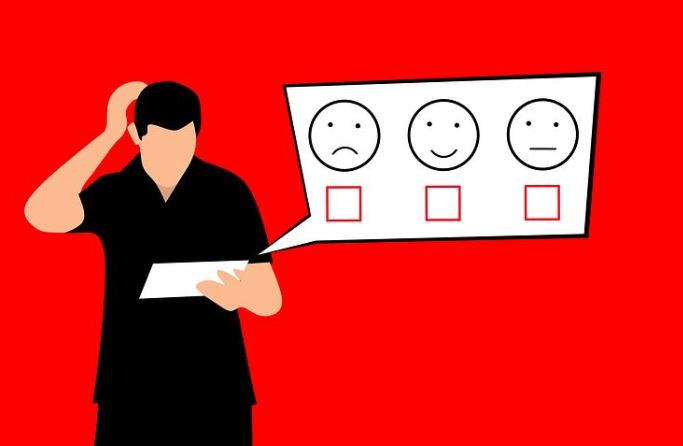 Consumers are more likely to share their opinions of free web-based products or mobile apps because of feelings of reciprocity toward the producer, according to a new study.
Consumers are more likely to share their opinions of free web-based products or mobile apps because of feelings of reciprocity toward the producer, according to a new study.
The research, published in the Journal of Marketing Research, was conducted by Wen Wen of McCombs School of Business at The University of Texas at Austin, Samuel Bond of Georgia Institute of Technology, and West Virginia University’s Stephen He.
The study involved a retrospective survey, two controlled experiments, and an analysis of more than 5,000 mobile apps at Google Play and Apple’s App Store.
The team found that consumers were more likely to share their opinions of free products than paid products “because of feelings of reciprocity toward the producer.”
The researchers also found that consumers feel less risk when trying free products compared to paid products and are less likely to feel disappointed by a free product if it fails to meet their expectations.
Consumers of paid products have different motivations for sharing reviews, the researchers found. The main reason for consumers to share their opinions of paid products is to inform others about the product – particularly when little has been said about it.
“Consumers of free products, but not paid products, will be motivated to ‘return the favor’ they have received from producers, and they will share their experience with others as a means of doing so,” Wen said.
“Our findings reveal important differences in consumer motivation between free- and paid-product settings, driven by differences in perceived obligations to producers and to other consumers,” Wen added.
Marketers of free products may want to consider embedding “reciprocity cues,” such as alerts that tell customers to “spread the word” or “tell your friends,” Wen said.
Journal Citation
“Speaking for “Free”: Word of Mouth in Free- and Paid-Product Settings”
Samuel D. Bond, Stephen X. He, Wen Wen
Journal of Marketing Research Vol 56, Issue 2, 2019
https://doi.org/10.1177/0022243718821957
